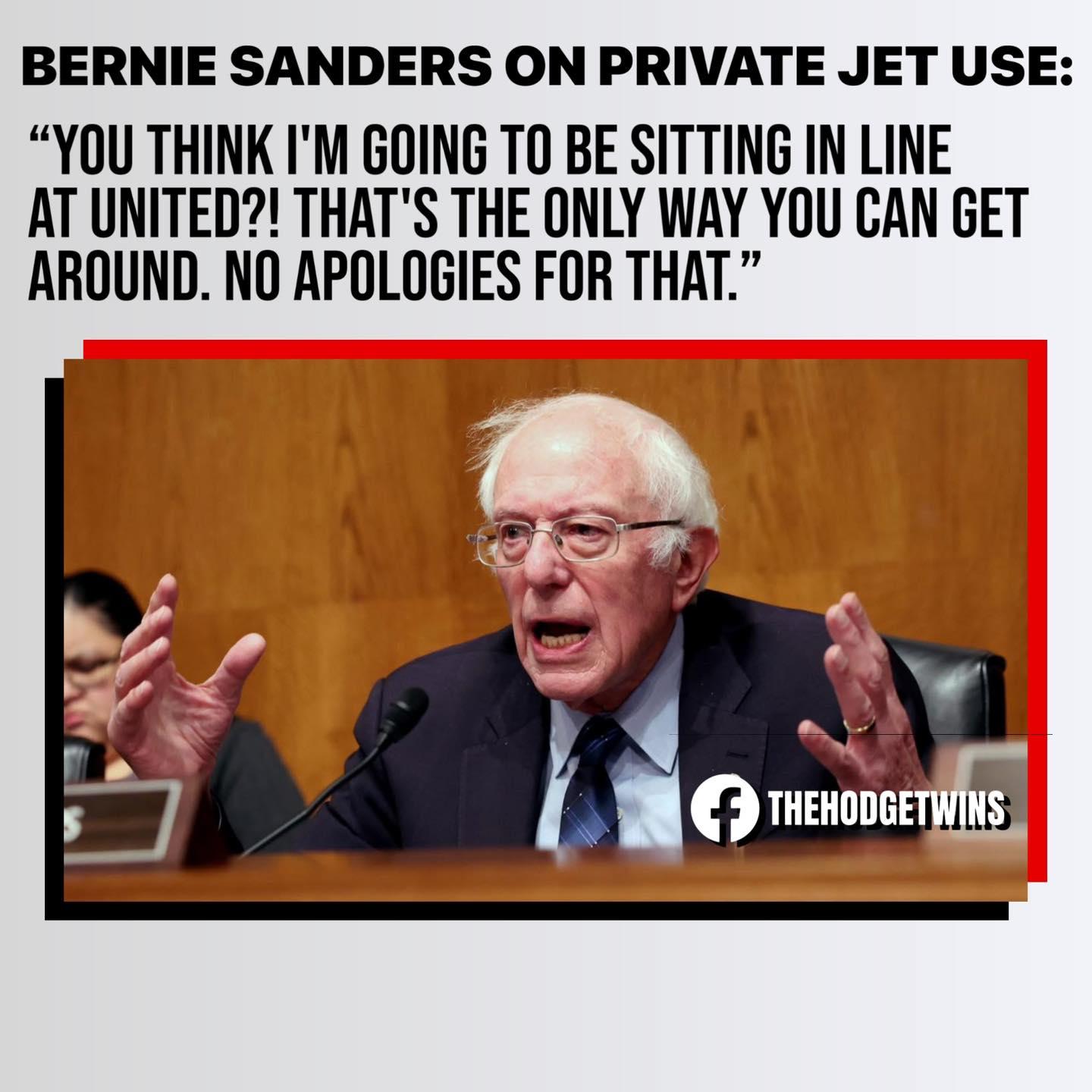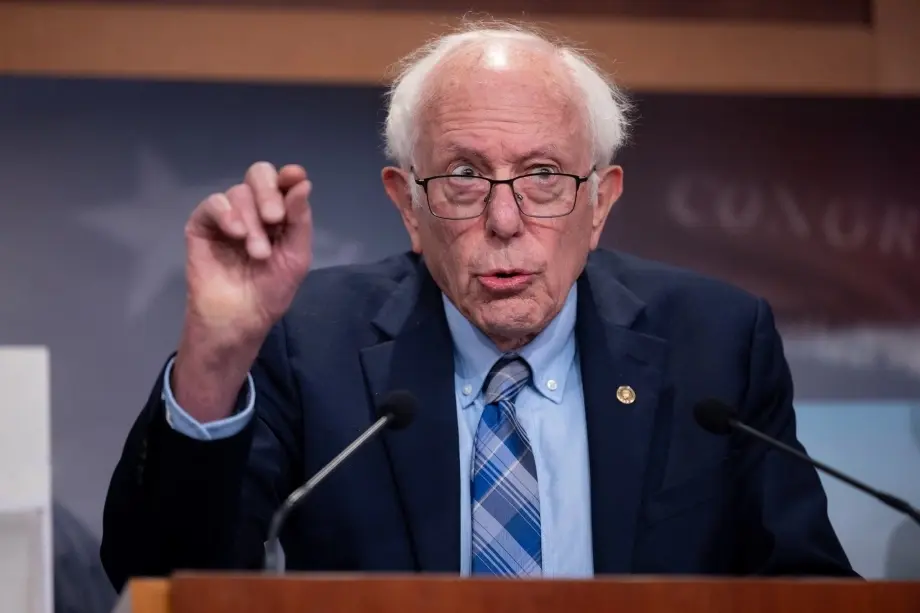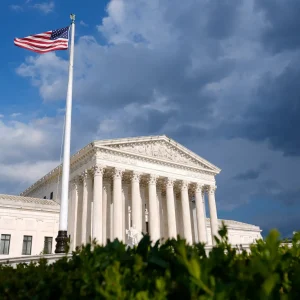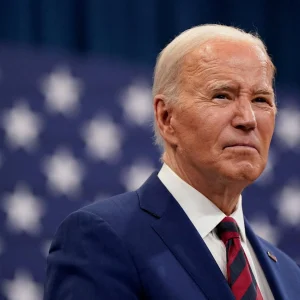Bernie Sanders has long been known as a fierce advocate for climate action and economic equality, often criticizing the wealthy elite for their carbon-heavy lifestyles and corporate privileges. However, the Vermont senator recently sparked controversy and media attention over his comments defending his use of private jets. In a candid remark, Sanders stated, “You think I’m going to be sitting in line at United?! That’s the only way you can get around. No apologies for that.” The quote quickly went viral, prompting debate over the apparent contradiction between his progressive values and personal choices.

Sanders has never shied away from flying on private aircraft during his busy campaign trails or official duties. Supporters argue that as a prominent political figure with a packed schedule and intense travel demands, private jet use can be a necessary tool for logistics and security. Yet critics see it differently, labeling it hypocrisy. They point out that Sanders has repeatedly condemned billionaires and large corporations for their excessive carbon footprints and lack of accountability in addressing climate change. For someone who has called climate change an “existential threat to humanity,” flying private appears, to some, to clash with his public messaging.
The senator’s remark was blunt and unapologetic, adding fuel to the ongoing conversation about the disconnect between political rhetoric and personal behavior. Sanders made it clear that, in his view, using a private jet was simply a matter of practicality, not luxury. “That’s the only way you can get around,” he said, referencing the tight schedules, security needs, and constant movement required in modern political life. In doing so, he implied that critics fail to understand the demands of national politics and campaigning across the country.
This is not the first time Sanders has come under scrutiny for jet use. During his 2020 presidential campaign, reports emerged that his team spent over $1 million on private air travel in a span of just a few months. At the time, his staff justified the expense by citing the need to cover multiple states quickly and efficiently during the primary season. That same campaign also produced some of his most ambitious climate proposals, such as the Green New Deal plan to transition the U.S. economy away from fossil fuels and cut greenhouse gas emissions dramatically.
The tension between idealism and realism in politics is nothing new, and Sanders’ latest comments highlight that divide. Some argue that leaders like Sanders must set an example in their personal choices if they are to inspire collective action on issues like climate change. Others believe that individual behavior matters less than systemic reform, and that focusing on personal travel habits misses the larger picture. Sanders has consistently emphasized the need for broad, structural change rather than moralizing about individual consumption.
The senator’s defenders have also pointed to the logistical nightmare that commercial travel can pose for high-profile figures. Delays, layovers, and crowded airports can be impractical or even unsafe for political figures, especially during a national campaign. For someone pushing 80 and still actively touring the country, speed and security might reasonably trump symbolism.
Still, the backlash is a reminder of how the public increasingly expects politicians to live by the values they promote. In an era of social media and instant outrage, any perceived inconsistency can be amplified into a national controversy. Sanders’ forthrightness may resonate with some who appreciate his refusal to dodge the issue. Others, however, see it as a tone-deaf dismissal of legitimate concerns about climate and fairness.

Ultimately, the debate surrounding Sanders’ private jet comment reveals more than just public curiosity about a politician’s travel habits. It reflects a broader struggle over how political leaders navigate the space between principle and pragmatism, between preaching change and operating within the constraints of a complex system. Whether voters find his explanation reasonable or hypocritical may depend less on the flight itself, and more on how they interpret the priorities and compromises of power.






